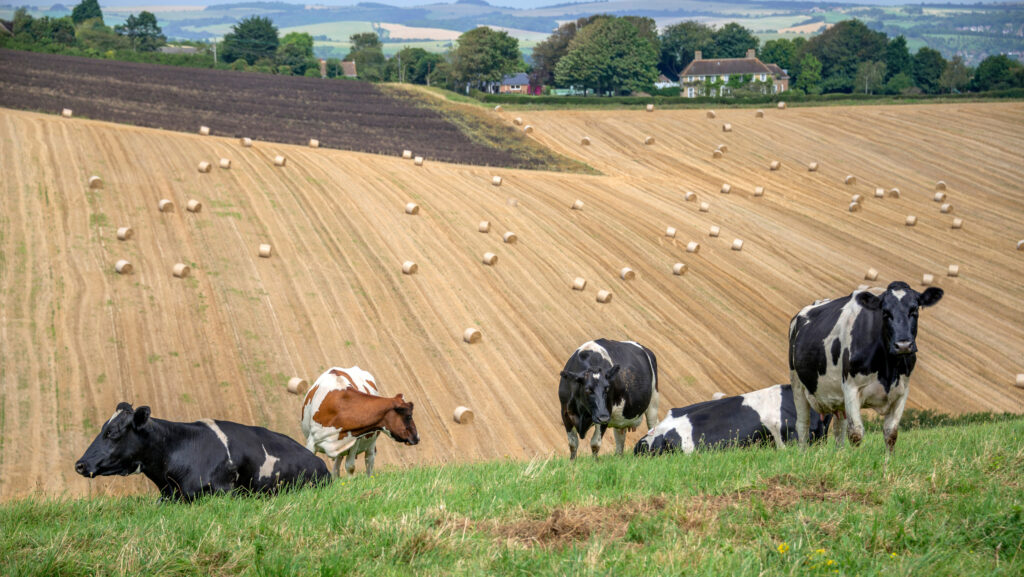Opinion: ‘Special treatment’ will be swerved for farmers
 © Adobe Stock
© Adobe Stock My friends and I have been discussing work lately, as many are either recently retired or close to retirement.
As you may have assumed, none of us are farmers because, famously, they never retire.
We agreed we have had careers that were, for the most part, interesting and fulfilling.
No one has any major regrets about paths not taken, but we do speculate about the things we might have done, and how we came to do what we did.
See also: Opinion – media mockery of health and safety makes me angry
We also worry about the employment prospects of young relatives.
I decided to go into law after a chance discussion with someone who told me that even without a law degree, I could become a solicitor.
My parents had dinned into me the importance of “learning a trade”, and I thought that a legal qualification would give me access to a variety of interesting jobs, which indeed it did.
However, I always felt slightly guilty that I sailed into my chosen profession with relative ease when many graduates now struggle to find suitable work.
I also feel guilty – although also a bit relieved – that my experience of farming amply demonstrated to me that I had not missed my vocation.
There must be so many people who would give a lot for the opportunities I have had to chase cattle round muddy fields or stand in a blizzard for hours during TB testing.
But it has made me ponder the difficulties for young people who do want to make a career in agriculture.
Anyone who is unable to take on a family farm appears to face almost insurmountable barriers to becoming a farmer on their own account.
Some might try a more lucrative occupation first, and then hope to buy a farm later.
The more usual route of assembling land through tenancies or grazing licences appears to be closing off.
Exacerbating the reduction in local authority farm tenancies, I observe a regrettable trend emerging for landowners to take tenanted farms back in-hand in the pursuit of attractive environmental payments and the attendant potential cost savings.
I do not disagree with wanting to pass on a thriving business to the next generation of your family, and I absolutely do not expect anyone to jeopardise the viability of their farm.
But if it will not be financially ruinous, why not help people trying to get a foot on the farming ladder?
This is not just a question of business transactions between landowners and their (ex-) tenants.
The concepts of “widening participation” and “fairness” stir up strong emotions. Add land to the mix and you have a powerful, possibly explosive, combination.
The growing belief that the countryside indefinably “belongs” to everyone is evidenced by enthusiasm for more rights to roam.
Appearances matter greatly. If the public’s sympathy is aroused when the little guy is turfed off his farm by a wicked landlord, the result could be a stick with which to beat all farmers.
Much criticism of the Basic Payment Scheme arose because it seemed to give too much cash to the already wealthy. The next government will want some quick wins.
Anything that looks like special treatment for farmers could well be abolished or reformed if the perception grows that it is being misused, especially by big landowners.

